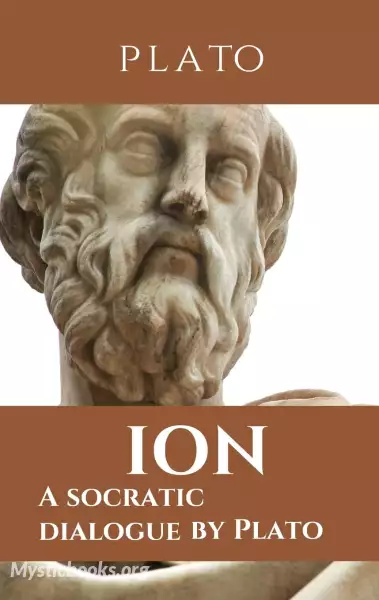
Ion
'Ion' Summary
Ion has just come from a festival of Asclepius at the city of Epidaurus, after having won first prize in the competition. Socrates engages him in discussion and Ion explains how his knowledge and skill is limited to Homer, whom he claims to understand better than anyone alive. Socrates finds this puzzling as to him it seems that Homer treats many of the same subjects as other poets like Hesiod, subjects such as war or divination, and that if someone is knowledgeable in any one of those he should be able to understand what both of these poets say. Furthermore, this man is probably not the poet, like Ion, but a specialist like a doctor, who knows better about nutrition.
Socrates deduces from this observation that Ion has no real skill, but is like a soothsayer or prophet in being divinely possessed:
"For not by art do they utter these things, but by divine influence; since, if they had fully learned by art to speak on one kind of theme, they would know how to speak on all. And for this reason God takes away the mind of these men and uses them as his ministers, just as he does soothsayers and godly seers, in order that we who hear them may know that it is not they who utter these words of great price, when they are out of their wits, but that it is God himself who speaks and addresses us through them." (534b–d)
Socrates offers the metaphor of a magnet to explain how the rhapsode transmits the poet's original inspiration from the muse to the audience. He says that the god speaks first to the poet, then gives the rhapsode his skill, and thus, gods communicate to the people. Socrates posits that Ion must be out of his mind when he acts, because he can weep even though he has lost nothing, and recoil in fear when in front of an admiring audience. Ion says that the explanation for this is very simple: it is the promise of payment that inspires his deliberate disconnection from reality. Ion says that when he looks at the audience and sees them weeping, he knows he will laugh because it has made him richer, and that when they laugh, he will be weeping at losing the money (535e).
Book Details
Authors
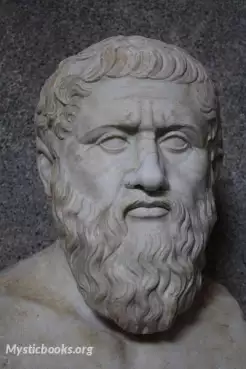
Plato (Πλάτων)
Greece
Plato ( Classical Attic; 428/427 or 424/423 – 348/347 BC)) was an Athenian philosopher during the Classical period in Ancient Greece, founder of the Platonist school of thought and the Academy,...
Books by Plato (Πλάτων)Download eBooks
Listen/Download Audiobook
- Select Speed
Related books
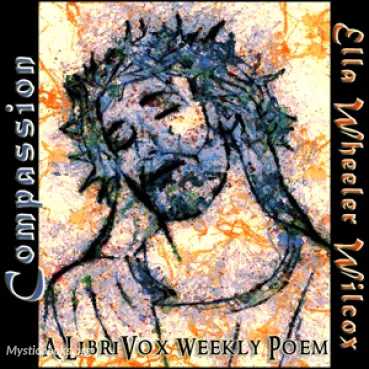
Compassion by Ella Wheeler Wilcox
What if there was a way to tap into the infinite power of compassion to heal yourself and the world around you? Compassion is a powerful and transfor...
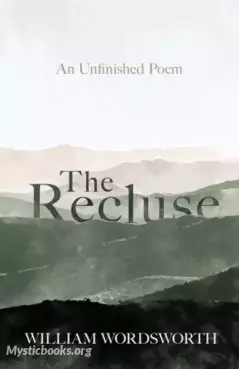
The Recluse by William Wordsworth
In the prefatory advertisement to the First Edition of the Prelude, 1850, it is stated that that poem was designed to be introductory to the Recluse,...
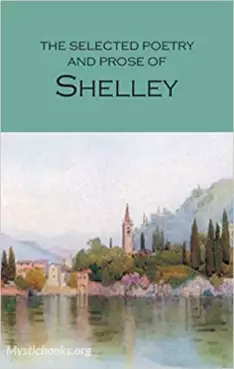
Shelley: Selected Poems and Prose by Percy Bysshe Shelley
The English Romantic Period in literature featured a towering group of excellent poets: Wordsworth, Coleridge, Byron, Shelley and Keats. If we add in...
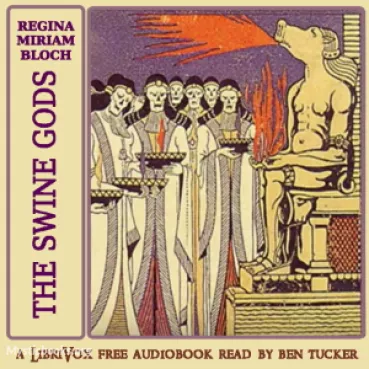
The Swine-Gods and Other Visions by Regina Miriam Bloch
This poems are a mix of lyrical and narrative, and they explore a variety of themes, including love, loss, faith, and identity. The title poem, "The...
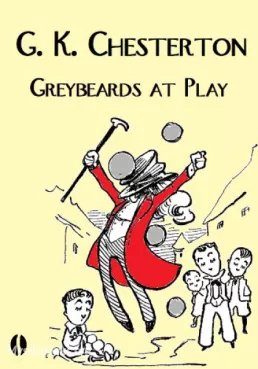
Greybeards at Play by G. K. Chesterton
In a world that often reveres youth and vigor, G.K. Chesterton's "Greybeards at Play" celebrates the wisdom, wit, and enduring spirit of the elderly....
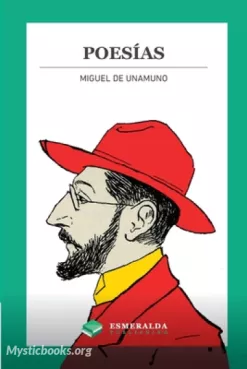
Poesías by Miguel de Unamuno
Sumérgete en el mundo profundo y apasionado de la poesía de Miguel de Unamuno con "Poesías", una colección que trasciende el tiempo y las emociones. A...
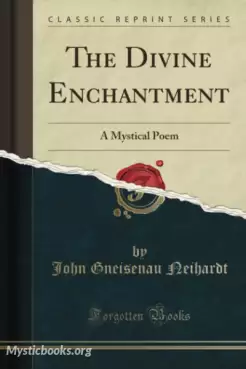
The Divine Enchantment by John G. Neihardt
When the Princess Devanaguy falls into a deep trance-like sleep, she is visited by the god Vishnu: who causes her to fall pregnant with his holy child...
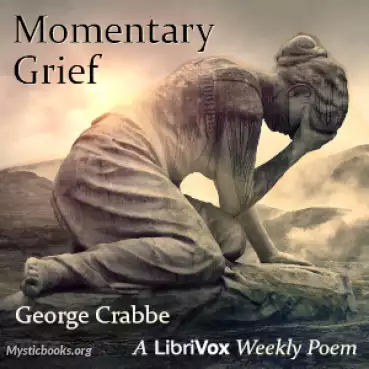
Momentary Grief by George Crabbe
It is a poem that captures the depth of human emotions and experiences in a unique and captivating way. This book takes the reader on a journey throug...
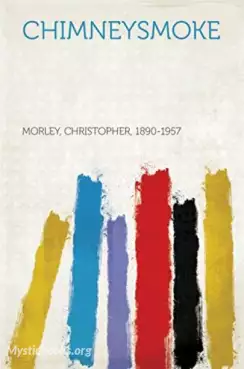
Chimneysmoke by Christopher Morley
A collection of short poems on various themes by the author.
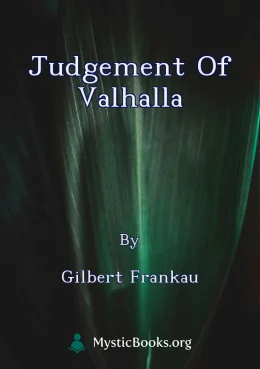
Judgement of Valhalla by Gilbert Frankau
This collection of poems by Gilbert Frankau, a prolific and popular British novelist and war poet, reflects his experiences fighting in some of the ma...
Reviews for Ion
No reviews posted or approved, yet...